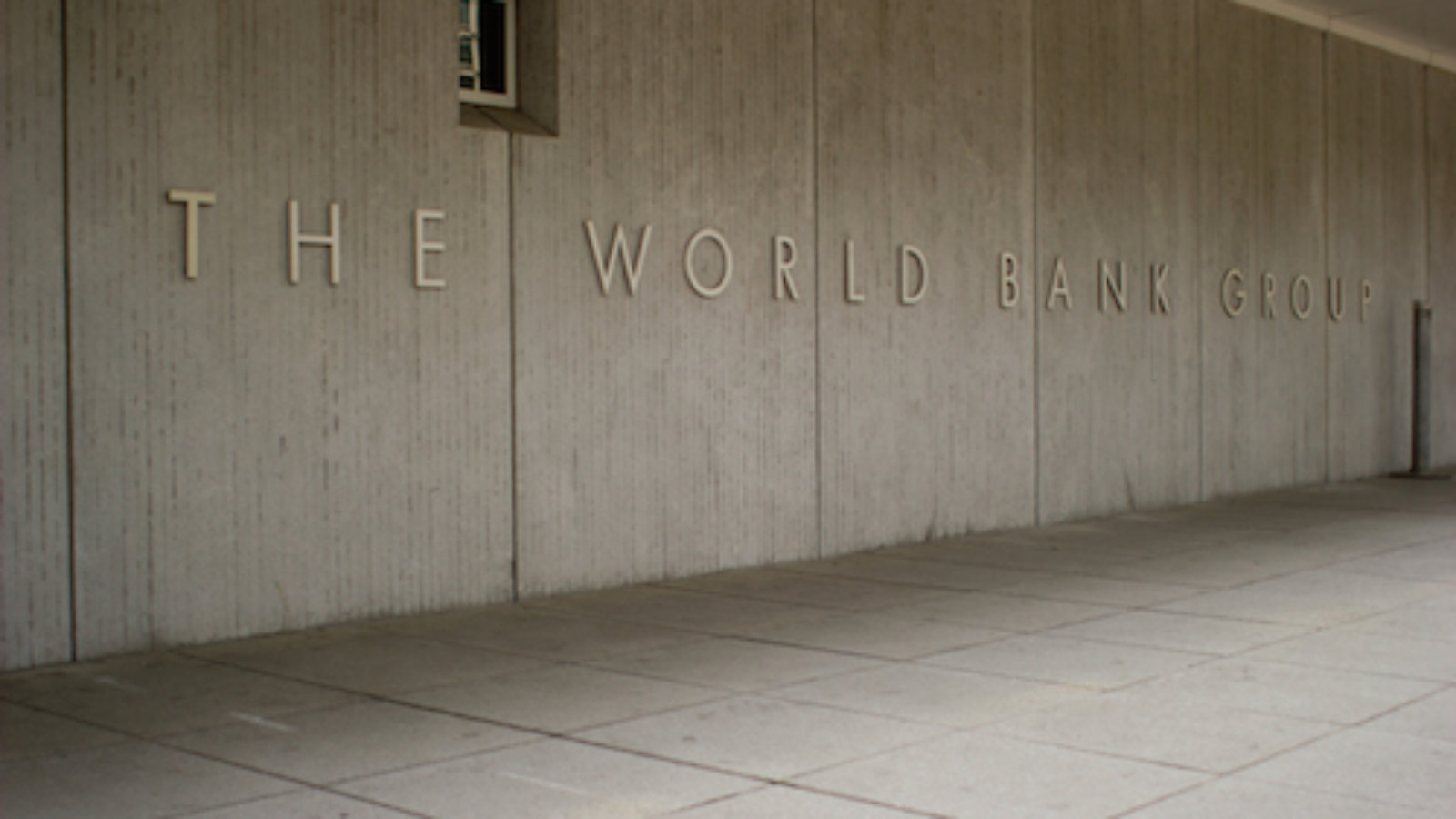This article was originally published on Premium Times.
By investigators and journalists from Premium Times, International Consortium of Investigative Journalists, and Huffington Post.
In February 2013, the Lagos state government flattened Badia East to clear land in an urban renewal zone financed by the World Bank, the global lender committed to fighting poverty. The neighborhood’s poor residents were cast out without warning or compensation and left to fend for themselves in a crowded, dangerous city. Evictions like the one in Badia East aren’t supposed to happen in the middle of projects backed by the World Bank.
For more than three decades, the lender has maintained a set of “safeguard” policies that it claims have brought about a more humane and democratic system of economic development. Governments that borrow money from the bank can’t force people from their homes without warning. Families evicted to make way for dams, power plants or other big projects must be resettled and their livelihoods restored. The bank’s commitment, it says, is to “do no harm” to people or the environment.
The World Bank has broken its promise.
Over the past decade, the World Bank has regularly failed to enforce its rules, with devastating consequences for some of the poorest and most vulnerable people on the planet, an investigation by the International Consortium of Investigative Journalists, The Huffington Post, and other media partners has found.
The Bank often neglects to properly review projects ahead of time to make sure communities are protected, and frequently has no idea what happens to people after they are removed. In many cases, it has continued to do business with governments that have abused their citizens, sending a signal that borrowers have little to fear if they violate the bank’s rules, according to current and former bank employees. “There was often no intent on the part of the governments to comply—and there was often no intent on the part of the bank’s management to enforce,” said Navin Rai, a former World Bank official who oversaw the bank’s protections for indigenous peoples from 2000 to 2012. “That was how the game was played.”
The scope of “involuntary resettlement,” as the bank calls it, is vast. From 2004 to 2013, the bank’s projects physically or economically displaced an estimated 3.4 million people, forcing them from their homes, taking their land or damaging their livelihoods, ICIJ’s analysis of World Bank records reveals. The true figure is likely higher, because the bank often fails to count or undercounts the number of people affected by its projects.
A team of more than 50 journalists from 21 countries spent nearly a year documenting the bank’s failure to protect people moved aside in the name of progress. The reporting partners analyzed thousands of World Bank records, interviewed hundreds of people, and reported on the ground in Albania, Brazil, Ethiopia, Honduras, Ghana, Guatemala, India, Kenya, Kosovo, Nigeria, Peru, Serbia, South Sudan, and Uganda. In these countries and others, the investigation found, the bank’s lapses have hurt urban slum dwellers, hardscrabble farmers, impoverished fisherfolk, forest dwellers, and indigenous groups—leaving them to fight for their homes, their land, and their ways of life, sometimes in the face of intimidation and violence.
Read the whole article here.
*****
*****
Premium Times, International Consortium of Investigative Journalists, and Huffington Post investigators and journalists include Sasha Chavkin, Ben Hallman, Michael Hudson, Cécile Schilis-Gallego, Shane Shifflett, Musikilu Mojeed, Besar Likmeta, Ciro Barros, Giulia Afiune, Mar Cabra, Anthony Langat, Jacob Kushner, Jeanne Baron, Barry Yeoman, Blaž Zgaga, Ben Ezeamalu, and Friedrich Lindenberg.
[Photo courtesy of Wikipedia Commons]
